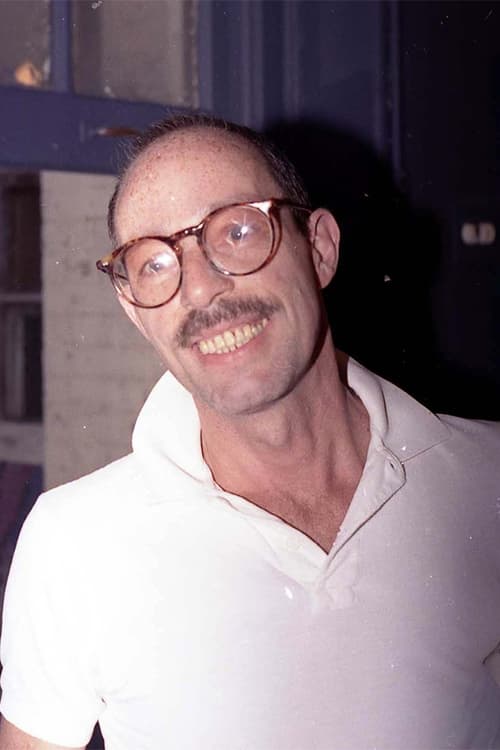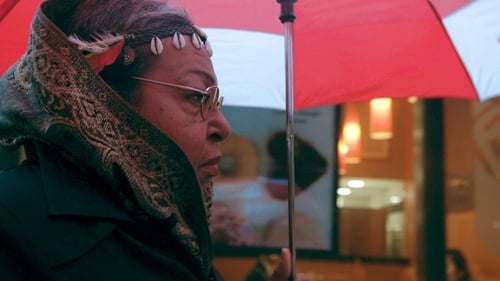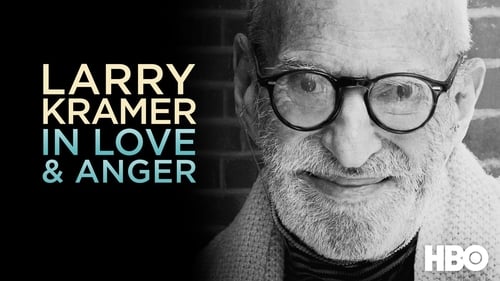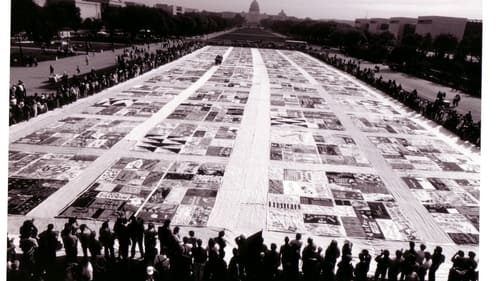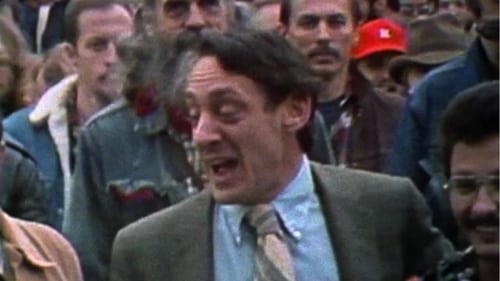Vito Russo
Nascimento : 1946-07-11, Manhattan, New York, USA
Morte : 1990-11-07
História
Vito Russo was an American LGBT activist, film historian, and author. He is best remembered as the author of the book The Celluloid Closet, described in The New York Times as "an essential reference book" on homosexuality in the US film industry.
